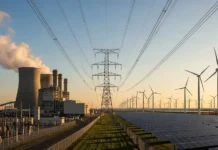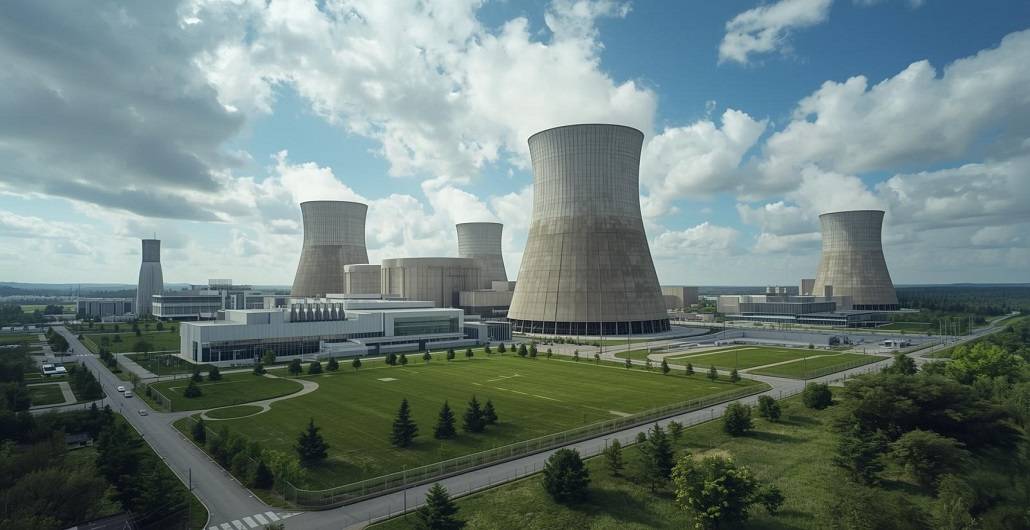The Dutch government has announced plans to keep the Borssele nuclear power plant operational beyond 2033 and has submitted an amendment to the Nuclear Energy Act to the House of Representatives. Minister of Climate and Green Growth, Hermans, confirmed the move in a letter to parliament, calling it an essential step toward extending the plant’s lifespan. If the amendment passes, the plant’s operator can apply to the independent regulator ANVS to keep Borssele running beyond 2033. This would help the Netherlands keep its CO2-free power supply steady and stay on course with its emission targets.
The plan for nuclear advancement fits into the government’s wider energy policy, which aims not to rely only on renewables like offshore wind and solar. By backing nuclear power, officials want to ensure the country has a steady and clean source of energy, one that keeps working even when the wind drops or the skies are cloudy.
Along with extending Borssele’s life, the government also intends to build two more nuclear power plants. A new state-owned company, Nuclear Energy Organization Netherlands (NEO NL), will be created to oversee and operate these projects. NEO NL will operate as a ‘policy participation’ entity, with the Ministry of Climate and Green Growth serving as its sole shareholder. The government has allocated at least €45 million to fund the company’s formation and initial operations.
Minister Hermans stated, “Our country cannot do without nuclear energy. With the intended establishment of NEO NL and keeping Borssele open, we are now taking a historic step towards a future with reliable nuclear energy. I hope that the next cabinet will continue on the path we have now taken with the same energy and dedication.”
In addition to the construction of large-scale nuclear facilities, the government is preparing for the potential deployment of small nuclear power plants, known as Small Modular Reactors (SMRs). To push this new technology forward, the government has set aside €20 million to speed up its development in the Netherlands. The country is also working with the United Kingdom , one of Europe’s leaders in SMR innovation, under a cooperation agreement signed in July 2025 to share expertise and move nuclear advancement ahead together.










































